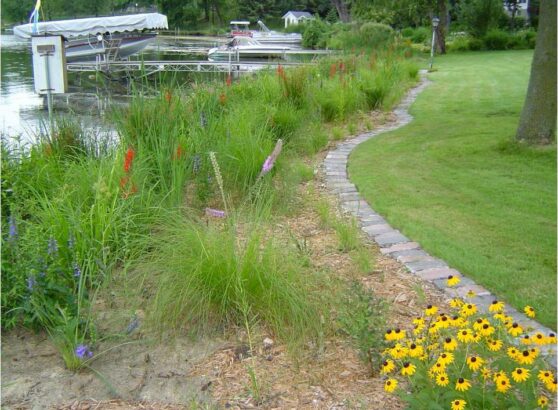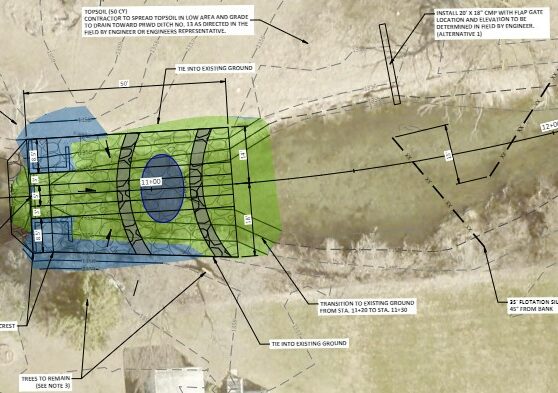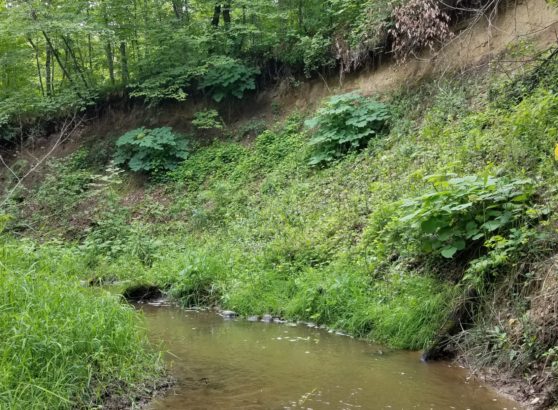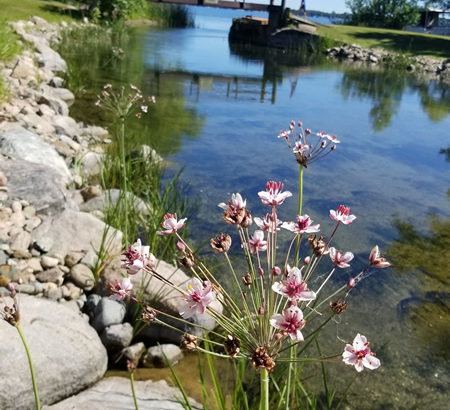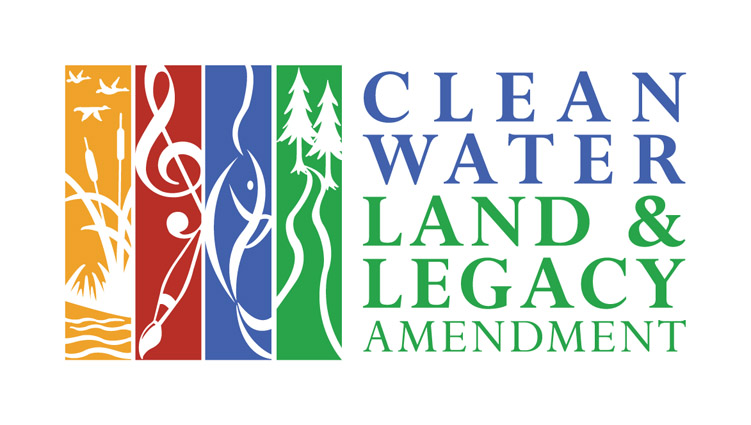
Restoring the Rice Lake Wetlands for the health of Detroit Lake
Over the past two decades, the Pelican River Watershed District has focused on the Detroit Lake watershed area, conducting diagnostic studies, monitoring, and modelling to pinpoint the largest contributors of phosphorus and sediment within the watershed area–untreated storm water runoff form impervious surfaces, nutrients from ditched wetlands, and soil erosion from ag fields and construction sites. The District is working closely with many partners including landowners, businesses, and other governmental agencies to construct practices and implement development rules needed to achieve long range water quality goals for Detroit and downstream lakes Sallie and Melissa
Through the studies and monitoring data collected over the years, the Rice Lake Wetland, a ditched 280 acre wetland, was identified as the primary source and contributor of “legacy” phosphorus loading to Big Detroit, contributing 3,000-4,000 lbs/year and 100 tons of sediment/year to the Pelican River. The District studied a number of treatment alternatives for reducing the phosphorus loading from the wetland, by conducting multiple research studies including an NRCS PL-566 small watershed study and two (2) graduate thesis studies. After reviewing the various alternatives (project effectiveness and cost-benefit) , it was determined the restoration of the ditched wetland was the most effective and feasible implementation alternative that would result in a 40-60% reduction of the spring and summer episodes of phosphorus release from the wetland. By increasing and stabilizing the water level by 2.5 feet, the project will increase the wetland water residence time and trap the phosphorus to prevent it from leaching out of the peat soils and traveling downstream to Big Detroit Lake.
Rice Lake Wetland Restoration Project
In 2008, the District began obtaining flowage easements or land purchase from 35, including purchasing and moving a residential home. The original project plans included constructing two concrete structure and raising a ½ mile segment of Anchor Road through the wetland area. In 2007, the original plans were redesigned using sheet metal instead of concrete to lower project costs. However, the construction bids were $1-million over the engineer’s estimate and the bids were rejected. The District continued to pursue the project and in 2019 worked with Detroit Township to significantly reduce project costs by vacating the affected ½ mile road segment. The District engaged the services of Houston Engineering Inc., to design the project’s features including an upper embankment structure and a rock fishway water control structure (46-ft width X 190-ft length X 4.5-ft runout depth) which incorporates a 15ft wide low-water crossing and drawn-down capability; upper access road improvement to the existing access; installing a road terminus and removal of 2 large road culverts on the vacated Anchor township road segment ; and replacing the Rice Lake Wetland historic outlet channel culverts with a rock weir grade control structure to improve fish passage. The revised project plans had broad support by the permitting agencies, landowners, and the District.
BWSR Clean Water Fund Grant 2021-2023: Rice Lake Wetland Restoration- Construction of Upper Structure
The District applied for project construction grant funds from the Board of Soil and Water Resources in August 2020 and was awarded a grant in December 2020. With all required permits obtained (MN DNR Public Waters Work and Dam Safety permits; MN Wetland Conservation Act ; Army Corps of Engineers 404 Permit; MPCA SWPPP; Becker County and Pelican River Watershed District), the District advertised for construction bids in February 2021. The construction contract was awarded the lowest bidder, Williams Excavating. Construction will begin in May 2021, with an anticipated completion date of November 1st.
This project is funded by the Pelican River Watershed District and the Clean Water Land and Legacy Amendment.
Project partners include: City of Detroit Lakes, Minnesota Department of Natural Resources: Wildlife Division, and the Natural Resource Conservation Service, Detroit Township, and landowners.
Anchor Rd, vacated segment improvements.
Rock Fishway to be built within Ditch 13.


